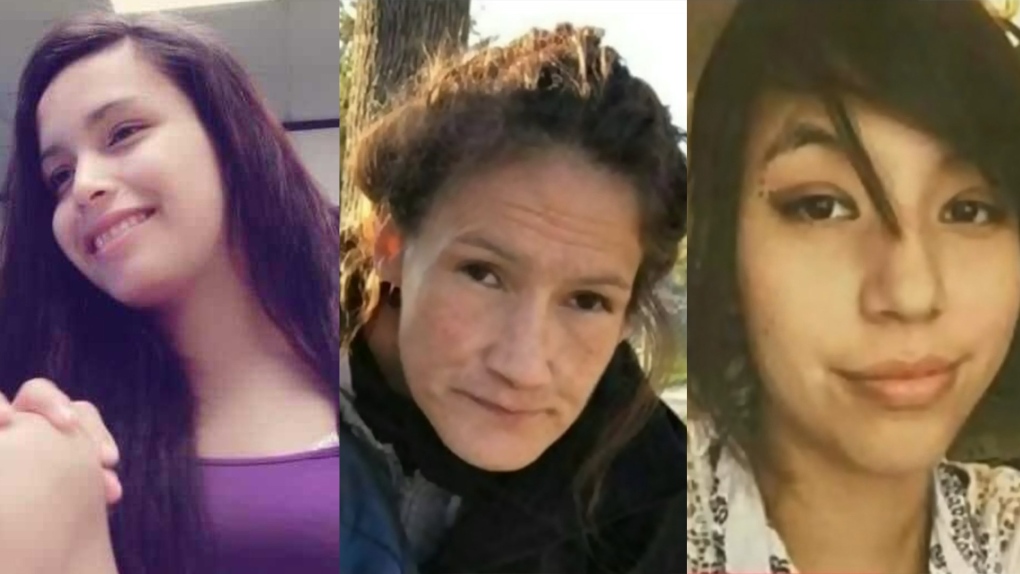Winnipeg police testify about the search for remains during second day of Skibicki trial
WINNIPEG –
Warning: This article contains content that may be disturbing to readers. Discretion is advised.
A veteran Winnipeg police officer took the stand Thursday in the ongoing trial of an alleged serial killer, recounting upsetting details about the discovery of human remains and a search of the accused’s home.
Skibicki is charged with four counts of first-degree murder in the deaths of Rebecca Contois, Morgan Harris, Marcedes Myran and an unidentified woman Indigenous leaders have named Mashkode Bizhiki’ikwe or Buffalo Woman.
He has admitted to the killings, but the trial now centres around the argument from his lawyers that he is not criminally responsible due to mental illness. Crown prosecutors have alleged Skibicki targeted vulnerable Indigenous women at homeless shelters in Winnipeg. The crown said Skibicki assaulted the four women at his home before killing them and disposing of their bodies.
 Rebecca Contois (left) Morgan Beatrice Harris (centre) and Marcedes Myran (right), along with a fourth unidentified woman referred to as Buffalo Woman (Mashkode Bizhiki’ikwe), have been identified as the four victims of Jeremy Skibicki. (CTV Winnipeg photo)
Rebecca Contois (left) Morgan Beatrice Harris (centre) and Marcedes Myran (right), along with a fourth unidentified woman referred to as Buffalo Woman (Mashkode Bizhiki’ikwe), have been identified as the four victims of Jeremy Skibicki. (CTV Winnipeg photo)
On Thursday, Jan De Vries, a 21-year veteran of the Winnipeg Police Service, took the stand.
De Vries was in the forensic identification unit at the time, and said police officers found partial remains in garbage bags in bins during their investigation.
He added investigators used a chemical to reveal the presence of blood in Skibicki’s bathtub.
“It covered the entire bathtub,” he said.
De Vries noted the blood would not necessarily be visible to the naked eye, saying the tub would have been emptied and likely rinsed.
Court also heard that jewelry and clothing belonging to Harris and Myran were found in Skibicki’s suite.
The remains of Contois were found in a dumpster near Skibicki’s home and at a landfill in Winnipeg, while the remains of Harris and Myran are believed to be in a different landfill outside of the city.
It is not known where the remains of Buffalo Woman are located.
The trial continues Thursday afternoon.
There is a support line available for those impacted by missing and murdered Indigenous women, girls and LGBTQ2S+ people: 1-844-413-6649.
The Hope for Wellness Hotline for Indigenous people, with support in Cree, Ojibway and Inuktitut, is also available 24/7 in Canada at 1-855-242-3310.
-With files from CTV’s Danton Unger, Jon Hendricks and The Canadian Press.
View original article here Source




